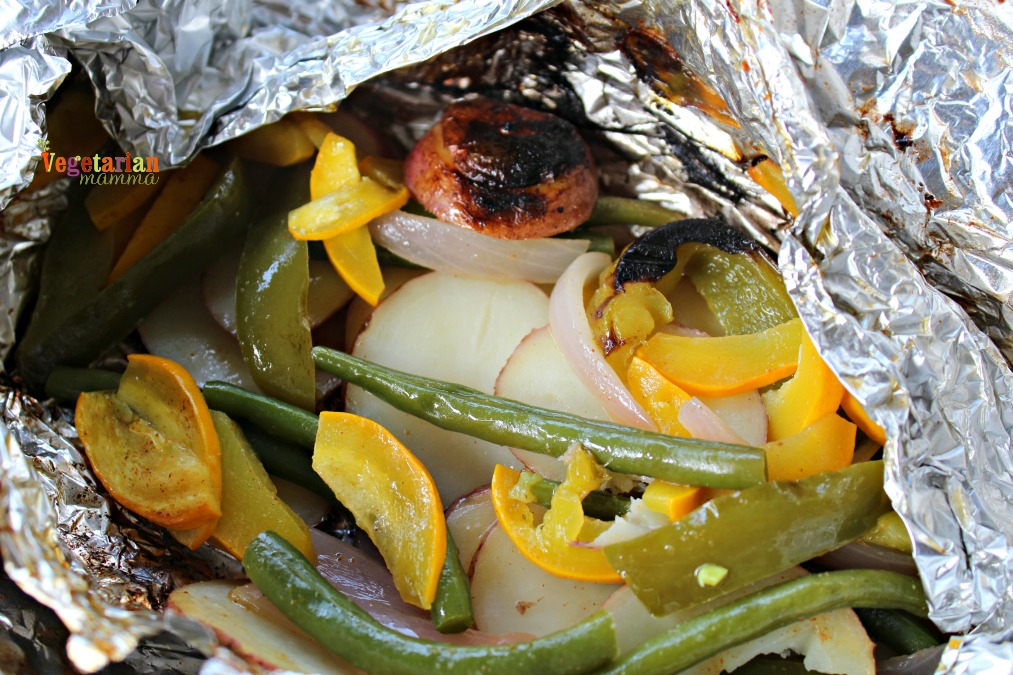Post by Deleted on Jul 12, 2016 10:04:55 GMT -5
Do you ever cook food in tinfoil? There's an important reason you should stop
14:40, 12 Jul 2016
Updated 14:40, 12 Jul 2016
By Nicola Oakley
Scientists have issued a warning about cooking and storing food in aluminium foil for prolonged periods
If you're a dab hand in the kitchen - or even if you're not - the chances are you'll have wrapped something in tin foil before cooking it.
Whether it's to keep your Christmas turkey moist or making parcels to roast fish, tinfoil is handy to have around.
But scientists at a university in Egypt say that wrapping food in the foil to cook it is bad for us - an even storing cold food in foil could be harmful.
Ghada Bassioni, head of the chemistry department at Ain Shams University, revealed why it could be damaging our health in a piece for The Conversation .
She explained that pots and pans are also lined with aluminium but these tend to be 'oxidised' - i.e. they have a layer which prevents aluminium finding its way into our food.
Ghada writes : "While cooking your food in aluminium pots or pans isn’t a bad thing, placing it in foil and putting it in the oven is problematic.
"This is especially true with acidic or spicy food that’s prepared at high temperatures."
"Aluminium foil is disposable and you will not be able to create that inert layer prior to using it.
"My research found that the migration of aluminium into food during the cooking process of food wrapped in aluminium foil is above the permissible limit set by the World Health Organisation."
Our bodies can excrete aluminium efficiently, but only in small amounts.
The WHO lists 40mg per kilogram of body weight as a safe intake.
If you weigh about 9.5 stone (around 60kg) then your 'safe' intake would be 2400mg.
But given all the other ways aluminium can sneak into our diets (existing in small amounts in yellow cheese, salt, herbs, tea and spices as well as cooking utensils) it's best to avoid unnecessary risks.
What damage can it do?
Scientists are currently exploring the link between Alzheimer's patients and high levels of aluminium found in their brain tissue.
Other health studies have suggested high aluminium intake could reduce the growth of brain cells or be harmful to people with bone diseases.
mirror.co.uk/lifestyle/health/you-ever-cook-food-tinfoil-8404617?ICID=FB_mirror_main
I'm glad I don't.
14:40, 12 Jul 2016
Updated 14:40, 12 Jul 2016
By Nicola Oakley
Scientists have issued a warning about cooking and storing food in aluminium foil for prolonged periods
If you're a dab hand in the kitchen - or even if you're not - the chances are you'll have wrapped something in tin foil before cooking it.
Whether it's to keep your Christmas turkey moist or making parcels to roast fish, tinfoil is handy to have around.
But scientists at a university in Egypt say that wrapping food in the foil to cook it is bad for us - an even storing cold food in foil could be harmful.
Ghada Bassioni, head of the chemistry department at Ain Shams University, revealed why it could be damaging our health in a piece for The Conversation .
She explained that pots and pans are also lined with aluminium but these tend to be 'oxidised' - i.e. they have a layer which prevents aluminium finding its way into our food.
Ghada writes : "While cooking your food in aluminium pots or pans isn’t a bad thing, placing it in foil and putting it in the oven is problematic.
"This is especially true with acidic or spicy food that’s prepared at high temperatures."
"Aluminium foil is disposable and you will not be able to create that inert layer prior to using it.
"My research found that the migration of aluminium into food during the cooking process of food wrapped in aluminium foil is above the permissible limit set by the World Health Organisation."
Our bodies can excrete aluminium efficiently, but only in small amounts.
The WHO lists 40mg per kilogram of body weight as a safe intake.
If you weigh about 9.5 stone (around 60kg) then your 'safe' intake would be 2400mg.
But given all the other ways aluminium can sneak into our diets (existing in small amounts in yellow cheese, salt, herbs, tea and spices as well as cooking utensils) it's best to avoid unnecessary risks.
What damage can it do?
Scientists are currently exploring the link between Alzheimer's patients and high levels of aluminium found in their brain tissue.
Other health studies have suggested high aluminium intake could reduce the growth of brain cells or be harmful to people with bone diseases.
mirror.co.uk/lifestyle/health/you-ever-cook-food-tinfoil-8404617?ICID=FB_mirror_main
I'm glad I don't.



